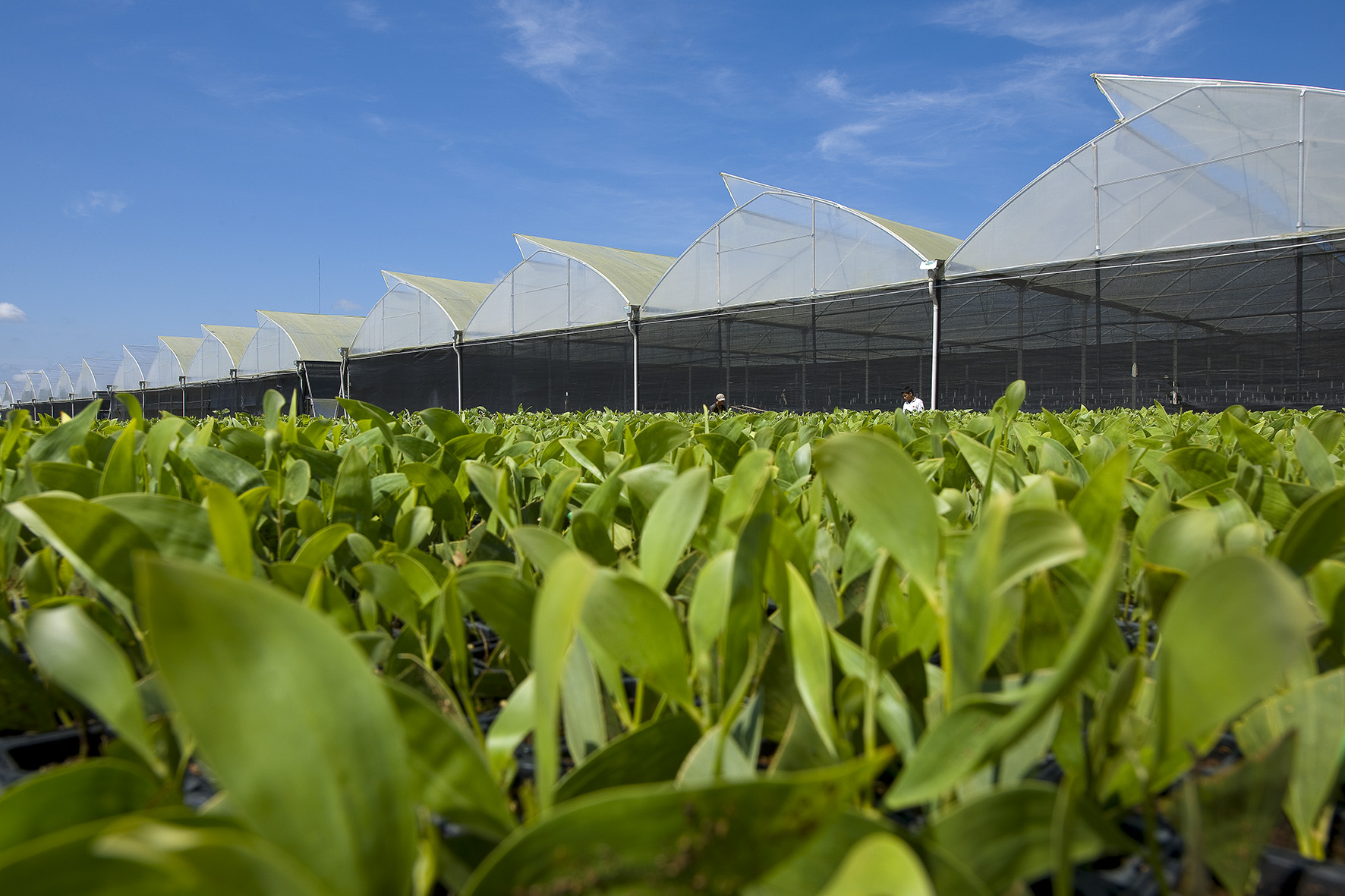APRIL Points to Progress on Sustainable Forest Management – Rejects Greenpeace Claims
Greenpeace has recently made a number of statements attacking APRIL’s progress and track record on sustainable forest management. We reject these claims.
As part of our Sustainable Forest Management Policy (SFMP), which applies to APRIL and our suppliers, we already protect 250,000 hectares of conservation forest and are eco-restoring 40,000 hectares of previously degraded land. All of our wood comes from legal sources and by 2018 or sooner we will be fully plantation self-sufficient.
APRIL’s Stakeholder Advisory Committee (SAC) and an independent report commissioned by it from KPMG acknowledge several areas where considerable progress has been made. We are open about the fact that there is more work to be done but equally we stand by our commitments and progress made.
It is factually incorrect and totally misleading to state that APRIL is the ‘single largest deforester in Indonesia.’ In fact, our concessions account for only 0.4 percent of forest areas in Indonesia. Within those concessions, we only establish plantations legally and in areas of non-high conservation value. We work hard through active conservation management, community development and fire prevention.
Tackling deforestation must be about enhancing governance at a wide level and Indonesia’s collective ability to protect conservation areas as well as addressing social and economic complexities at ground level. Falsely leveling responsibility onto APRIL for deforestation is just wrong. It is a collective issue where we, along with other stakeholders, are working to be part of the solution to ensuring legal and sustainable wood supply.
In fact, APRIL is working towards a conservation model that conserves one hectare of conservation forest for every hectare of plantation. We also implement preservation strategies to actively protect 250,000 hectares of conservation land from encroachment, while investing in eco-system restoration projects restoring forests on 40,000 hectares of previously degraded land. We have completed plantation establishment and are on target to reach sustainability goals that will see APRIL reach full plantation self-sufficiency by 2018 or sooner. We plant more than 150 million trees per year.
Greenpeace has offered its perspectives on a KPMG report recently commissioned by APRIL’s SAC that reviewed APRIL’s progress against its sustainability commitments. They also commented on our SFMP and the recommendations of the SAC that advises on and scrutinises the SFMP’s implementation.
In response, APRIL stands by its progress towards its sustainability commitments. Greenpeace’s characterisation of the KPMG report and the SAC’s recommendations omits a number of important findings that commended APRIL in making considerable progress towards its sustainability commitments, including:
- Appropriate actions to support implementation of the SFMP and working constructively with the SAC, notably in the conduct of an independent verification process by KPMG
- The considerable contributions that APRIL has made to the improved livelihoods of many people living in the areas of its operations through creation of employment and improvement of social and physical infrastructure
- Continued pursuit of the commitment to match all plantation areas on a one-to-one basis with conservation areas
- The acquisition of Ecosystem Restoration concessions on the Kampar Peninsula and Pulau Padang, which will provide significant conservation gains.
- Implementation of fire management policies that have greatly reduced wildfires on the APRIL concessions and have contributed to reducing fires in surrounding landscapes
For a more complete analysis, we would encourage you to review the SAC’s recommendations and our response at APRILDialog.com.
Greenpeace compared APRIL’s progress to that of competitors: while the scale, operations and history of each company are different, we have made no less progress than our competitors, more in some areas such as High Conservation Value (HCV) assessments, community engagement, fire prevention and the important areas of conservation and eco-restoration.
We have been transparent in our reporting of the SAC’s independent critique of our performance and will continue to be so as we implement further initiatives and programs. We invite any interested party, including Greenpeace, to discuss our progress and the substance of the SAC recommendations, which are based on a robust, independent review.
We disagree with Greenpeace’s analysis, which continues to patch together isolated, historical issues spanning more than a decade and which have been transparently addressed by APRIL in the past.
Contrary to Greenpeace’s assertion, our SFMP applies to our entire operations, including suppliers. There is no ‘exemption’ from these commitments. As existing supplier contracts are renewed, we are strengthening the requirements for compliance with our SFMP including HCV assessment criterion. Greenpeace also suggested that our concessions do not comply with our SFMP. While the KPMG report identified concerns regarding the application of HCV assessments to concessions in operation prior to the establishment of our SFMP as well as the consistency of the HCV peer review process, we remain significantly ahead of our industry competitors in this regard, while the SAC’s recommendations provide a clear pathway of improvement in this area and have been implemented.
Other KPMG report and SAC recommendations dealt with the need to improve education and compliance, and pointed out some operational errors that have occurred since we announced our SFMP. We accept this and remain committed to continuous improvement to ensure similar mistakes are not repeated in the future, however minor. We are pleased these were identified by KPMG and addressed by the SAC’s recommendations.
While we are pleased with the progress of our SFMP, we remain open about the fact that there is more work to be done. As Greenpeace noted in their recent comments, we all have more work to do. We have always recognised that implementing all aspects of our SFMP is ambitious and complex. It remains a work in progress, but important work has and is being done and we are soon to announce a series of updated commitments based on the SAC’s latest recommendations, to be presented to the SAC in May 2015.






